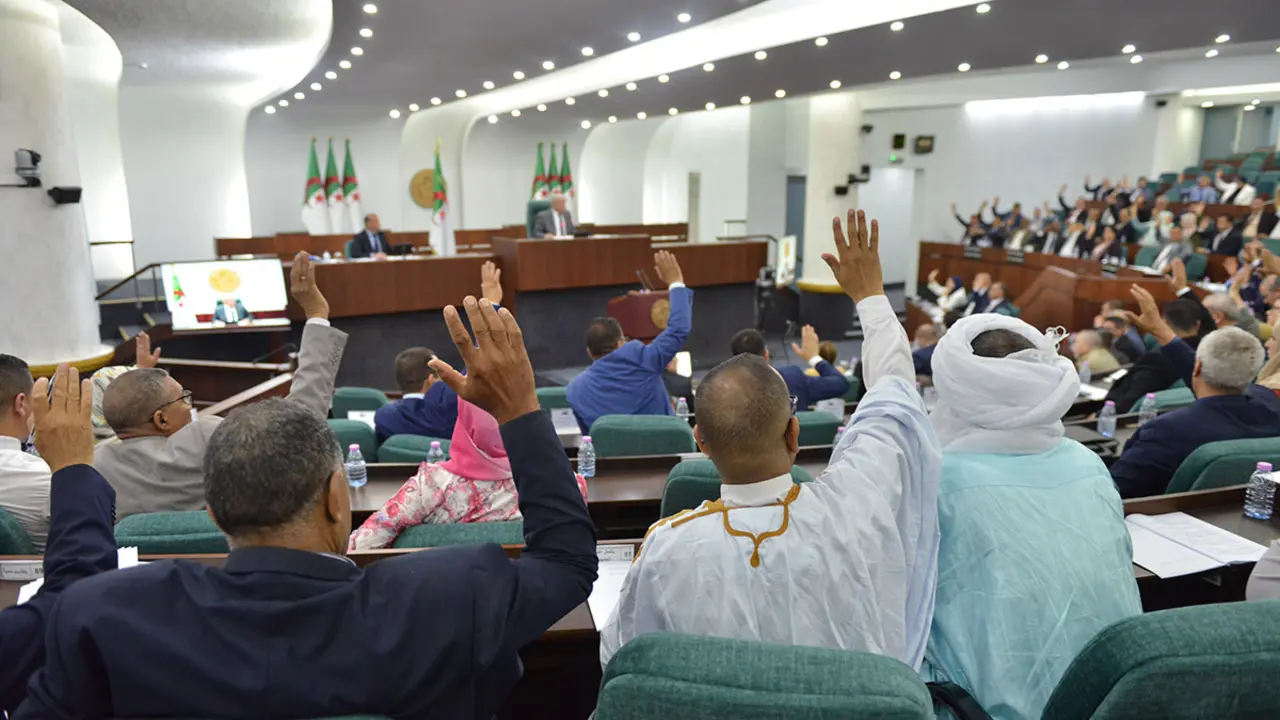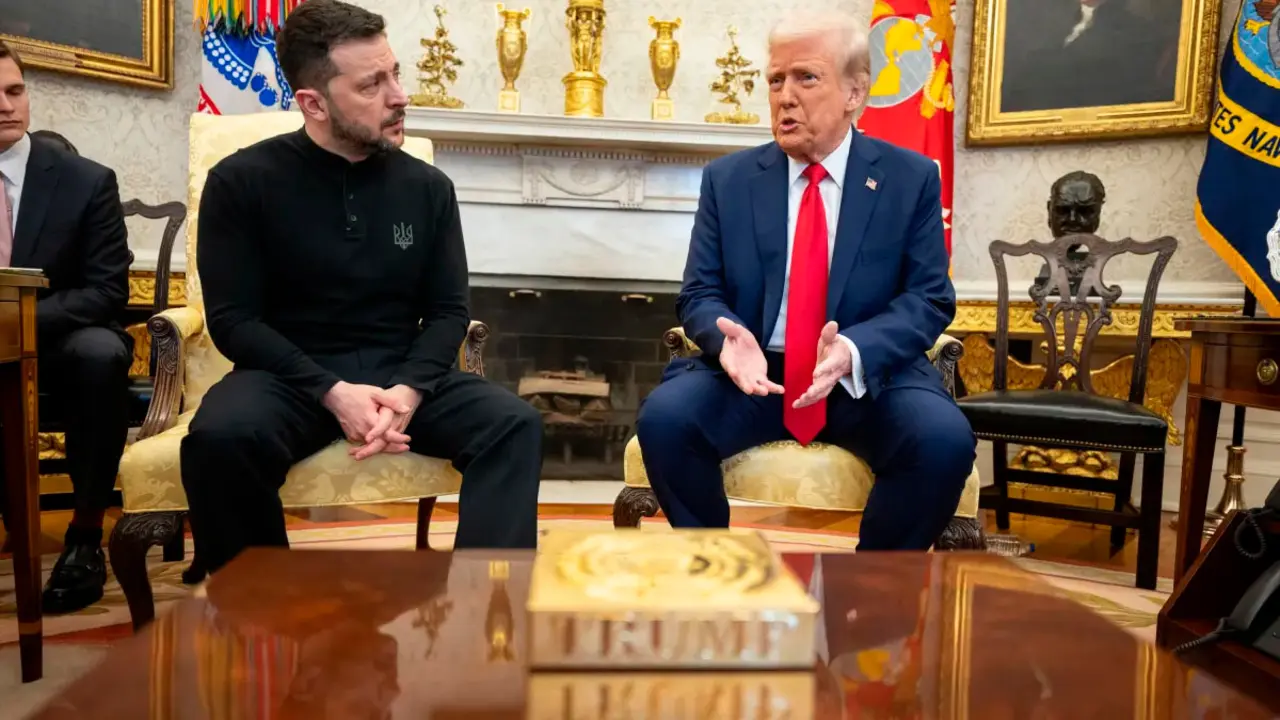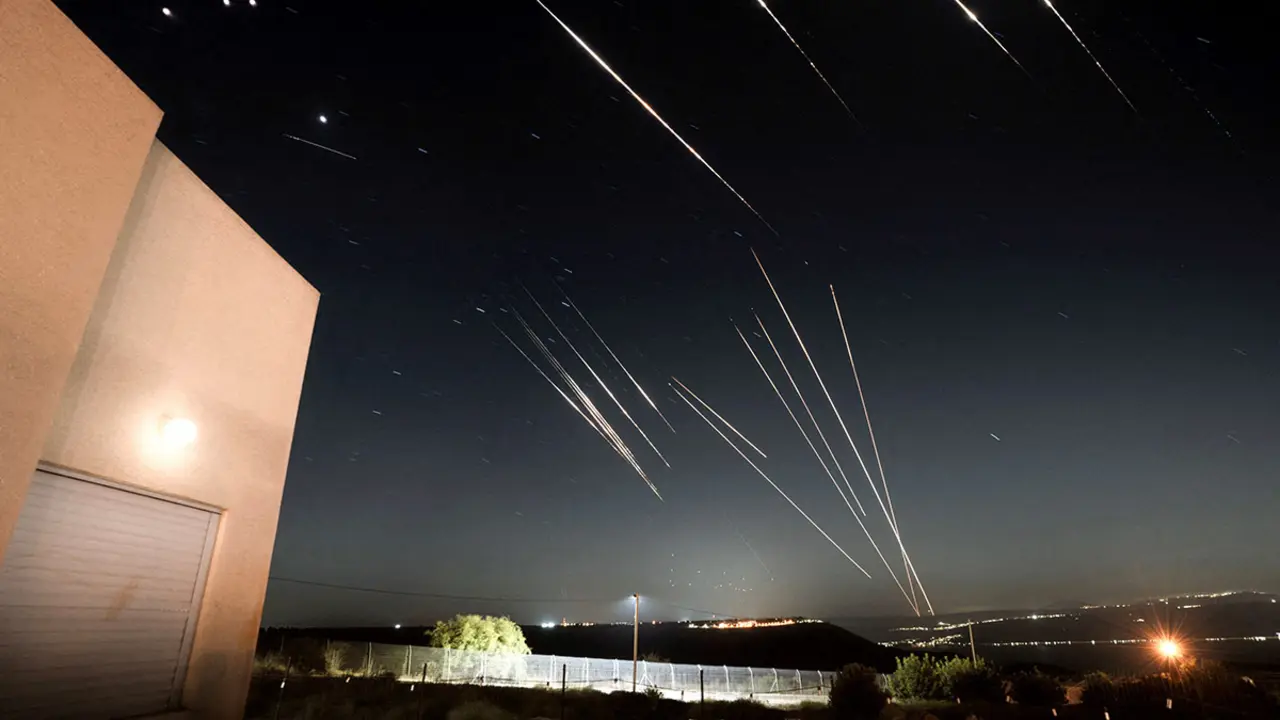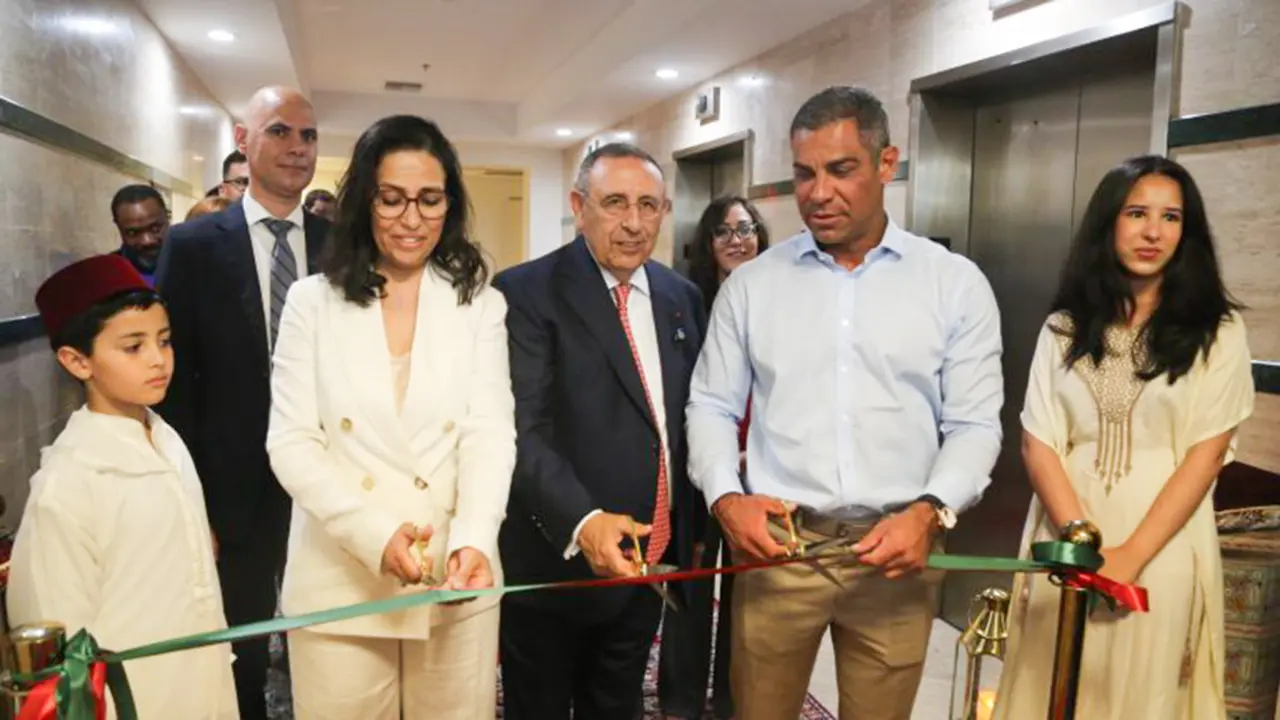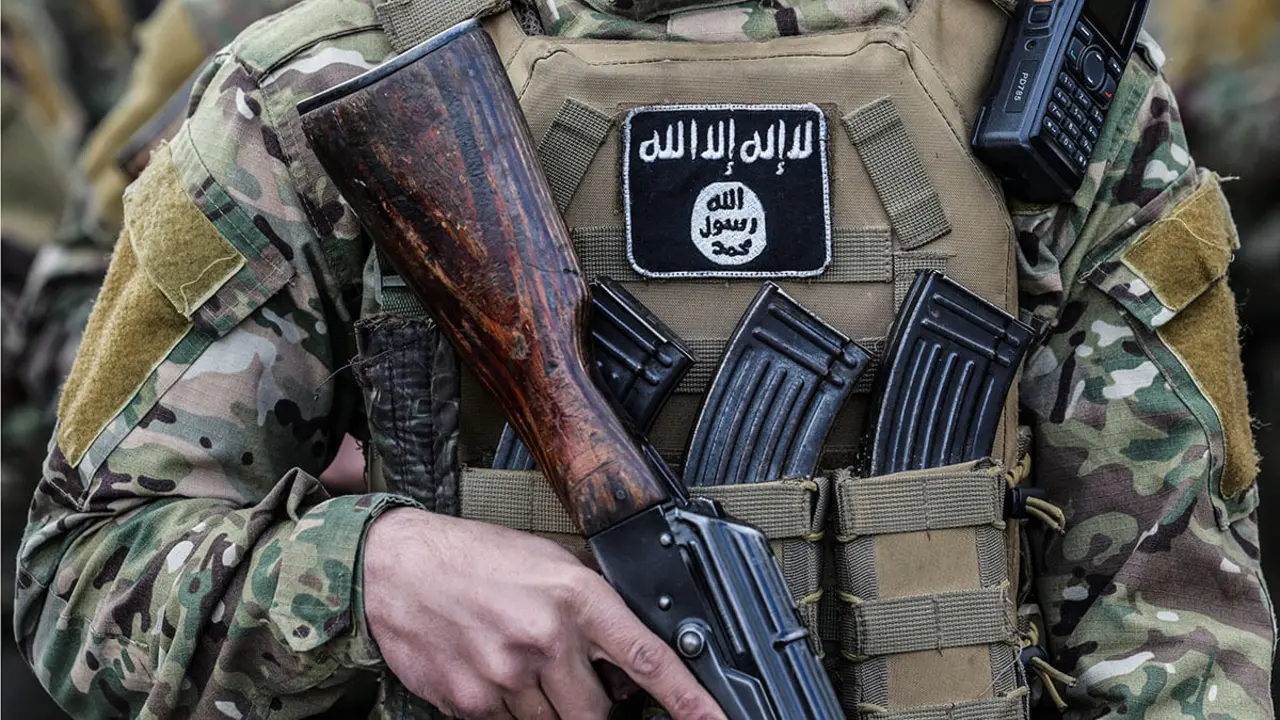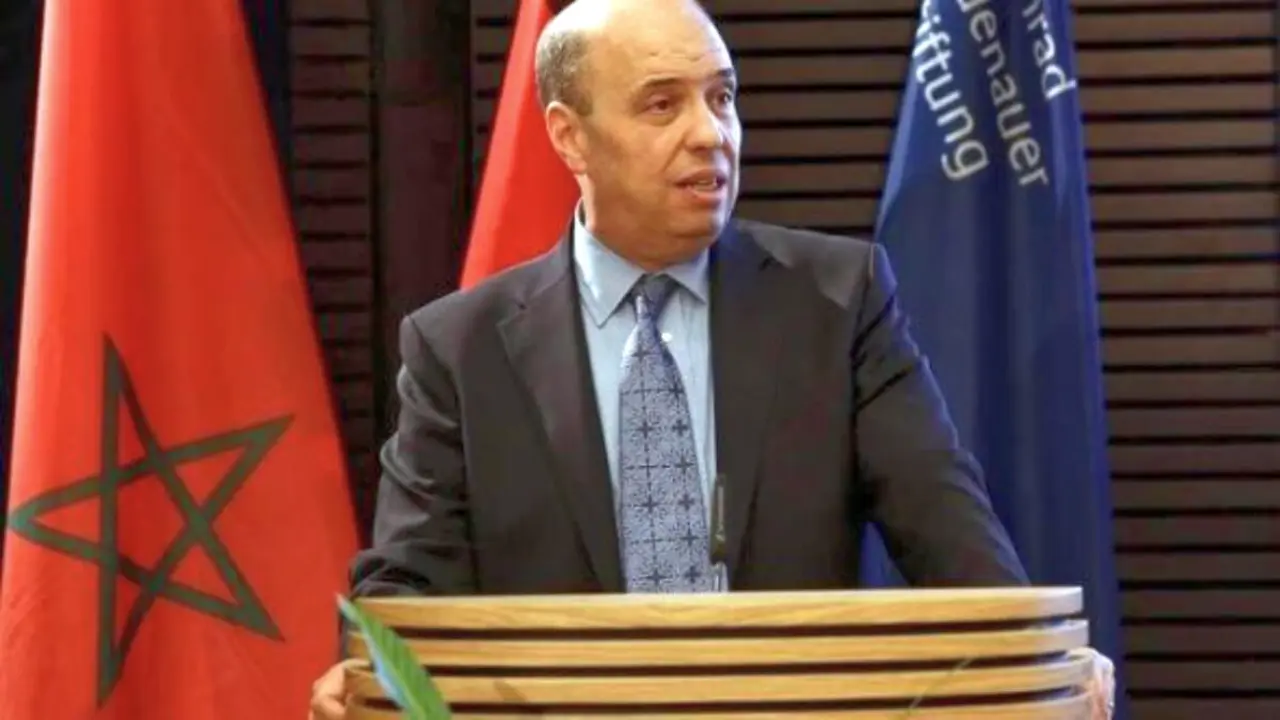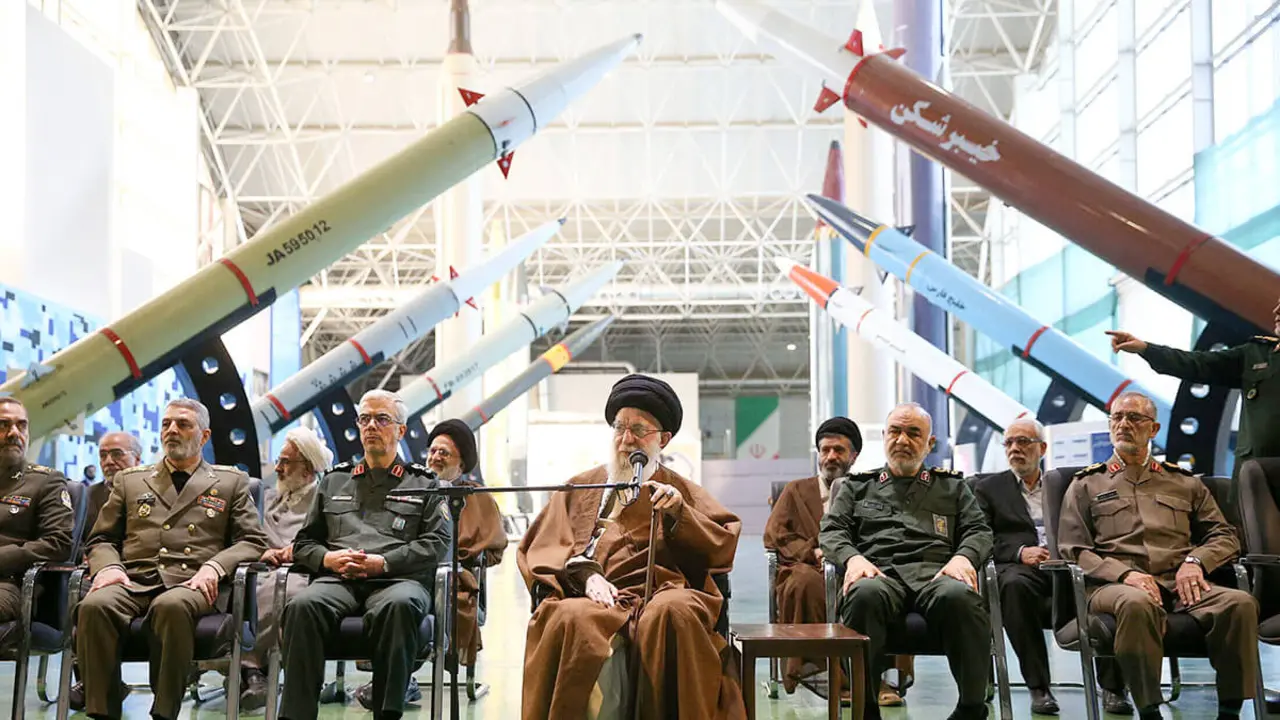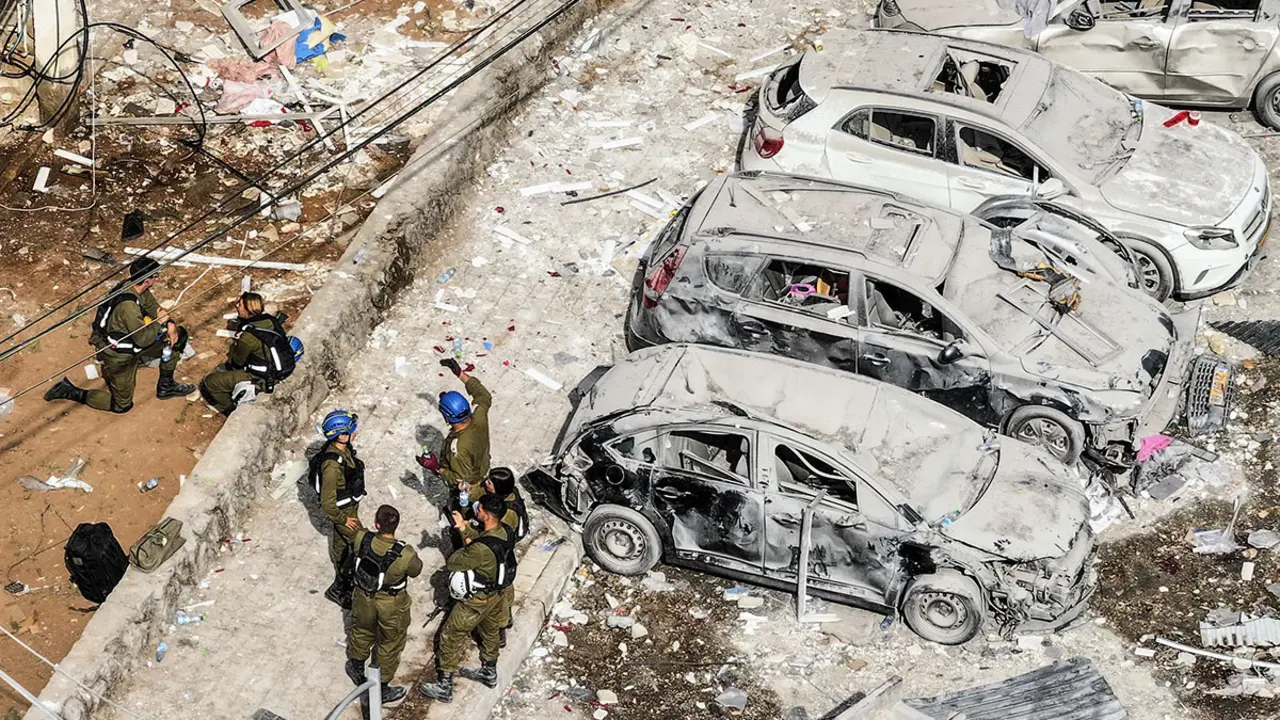Iran appoints new ambassador to the Emirates seven years later
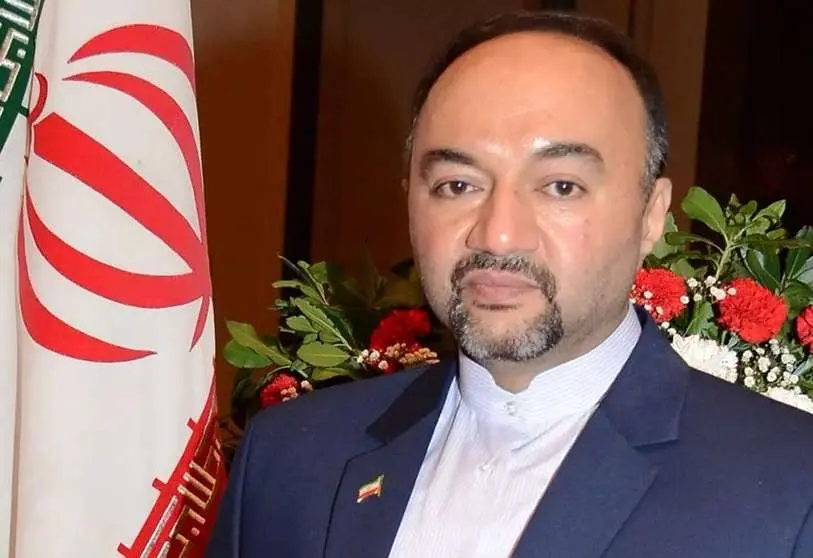
It's official. Iran appointed a new ambassador to the United Arab Emirates on Tuesday after seven years without top-level diplomatic representation in the wealthy Gulf country. Mohammad Reza Fayaz, the last Iranian ambassador to Abu Dhabi, stepped down in 2016. Since then, Hossein Heidari has served as ambassador from his post as chargé d'affaires. But the imminent arrival of Reza Ameri will open a new phase in their bilateral relations and, with it, a new space for diplomacy in the region after years of tensions.
Reza Ameri will occupy a post that has been vacant since 2016. The Persian diplomat had been serving as director general of the Iranian expatriates office at the Ministry of Foreign Affairs. He had previously served in the Iranian legation in countries such as Algeria, Sudan and Eritrea, according to local press reports. He will oversee rebuilding diplomatic relations with the UAE, with whom the Islamic Republic has continued to maintain trade relations despite the political rift.
Iranian Deputy Foreign Minister Ali Bagheri Kani confirmed the news in late March. The head of the negotiating team in Vienna to resume the stalled nuclear deal with Western countries said in an interview with the state news agency IRNA that the administrative process to grant Ameri's credentials is almost complete, so his arrival in Abu Dhabi could be a matter of days. "In recent months, the UAE has returned its ambassador to Tehran, and we have also reciprocated and appointed an ambassador, and the necessary decisions have been taken," Bagheri Kani said.
#Iran has appointed an ambassador to the #UnitedArabEmirates for the first time in eight years, Iranian state media reported on Tuesday. Reza Ameri, the newly appointed Ambassador, formerly served as the Director-General of Iranian expatriates office in the Foreign Ministry. pic.twitter.com/SkbTm3MgsA
— Concept TV News (@ConceptTVNews) April 5, 2023
Last August, the UAE's former ambassador to Tehran, Saif Mohammad Al Zaabi, regained his post amid a diplomatic rapprochement with Iran. The move was part of a larger strategy to rebuild relations with actors with whom Abu Dhabi had been in rivalry since the Arab Spring, such as Qatar and Turkey. This was acknowledged by presidential adviser Anwar Gargash.
The UAE was thus opting to distance itself from its former - and current - preferred partner, Saudi Arabia, which it decided to follow when it broke off relations with Iran exactly seven years ago, after seeing its embassy in Tehran looted and burned by a mob in response to the execution by the Wahhabi kingdom of the Shia cleric Nimr Baqr al-Nimr, a figure recognised in Iran for belonging to the majority Islamic branch in the country and for his criticism of the Saudi monarchy. From that moment on, the pronounced rifts, which emerged in the heat of the 1979 Iranian Revolution, exploded, involving the rest of the regional players in the process.
But the thaw between Iran and Saudi Arabia announced a fortnight ago in Beijing upset the chessboard. It took five days of intensive negotiations mediated by China to achieve something that neither the Iraqis nor the Omanis could achieve in previous talks: reopening their respective embassies and resuming diplomatic contacts within a maximum of two months. The other points of the agreement have not been disclosed to date, but Iranian diplomacy has not wanted to let too much time pass to reshuffle its cards in the region. The Emirates is the first move.
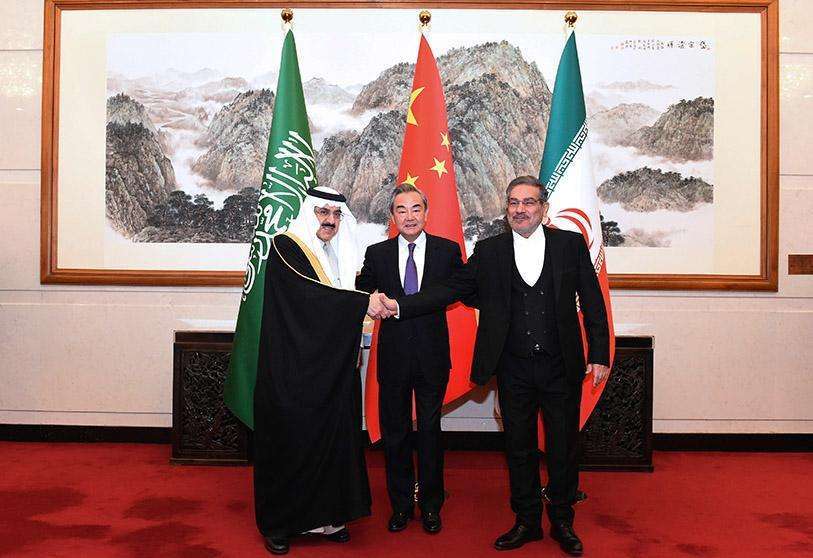
The secretary of Iran's Supreme National Security Council, Ali Shamkhani, who signed the historic agreement in Beijing in the presence of the head of Chinese diplomacy, Wang Yi, and his Saudi counterpart, Musaad bin Mohammed Al Aiban, had visited Abu Dhabi at the end of March at the head of a delegation to prepare for the arrival of the new ambassador and discuss new ways to boost trade exchanges, according to local media.
During his visit, Shamkhani met with Emirati President Mohammed bin Zayed and his National Security Adviser Tahnoon bin Zayed. Mohammed bin Rashid Al Maktoum, the prime minister, defence minister and ruler of the Emirate of Dubai, was also keen to receive the former defence minister in the reformist Mohammad Khatami government. Shamkhani, for his part, took the opportunity to explain Iran's renewed focus on regional security. This marked the beginning of a new phase.

